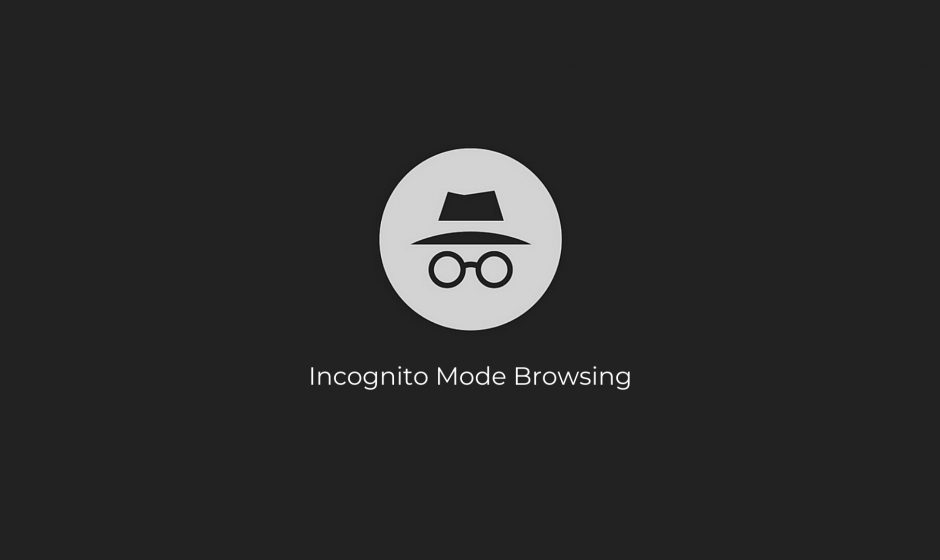Firing up Incognito mode in Chrome may make you feel a bit more comfortable about what you look at online.
It shouldn’t – at least according to reports coming out of the US detailing Google’s attitude to the feature.
The search giant is currently facing a class action lawsuit seeking damages on behalf of millions of Chrome users. It says Google misled users of Incognito mode into a false sense of privacy while collecting their data.
And, apparently, Google staffers even joked about how un-private Incognito mode is.
In one 2018 chat, an engineer proposed changing Incognito mode’s icon to ‘Guy Incognito,’ referencing the character from the Simpsons known for looking exactly like Homer apart from a fake moustache.
So, how does Incognito mode work and is it private?
When you switch on Incognito mode, it means the browser on that specific machine doesn’t record your history. So if you’re using a shared computer in a house or dorm, it could be useful.
But it won’t hide your browsing history from either your internet service provider (ISP) or the IT staff that manage the network infrastructure at your office. So, yes, your boss can still see all the sites you visit ‘for work’.
What’s more, there’s nothing to stop the sites you do visit from recording your time spent there either. Whether or not you’re using Incognito mode.
Google has, officially, always said that Incognito mode isn’t meant to shield you completely from watching eyes.
In response to the lawsuit last year, Google clarified: ‘As we clearly state each time you open a new incognito tab, websites might be able to collect information about your browsing activity during your session.’
What does incognito mode do on Google Chrome?
Incognito mode is billed as more private because the user’s history isn’t recorded, websites aren’t cached and cookies aren’t saved on a user’s computer.
To do this Google disables some background features, such as one called the FileSystem API which avoids leaving traces of activity on someone’s device.
But that isn’t the full story.
Websites are able to check the availability of FileSystem API, and if they receive an error message back, determine that the person is using Incognito mode, and provide them a different experience.
And crucially, everything you do on the internet from your computer is routed through your IP address.
So, unless you mask that with a virtual private network (VPN), your internet provider is going to know exactly what you’re doing whether you’re in incognito mode or not.



